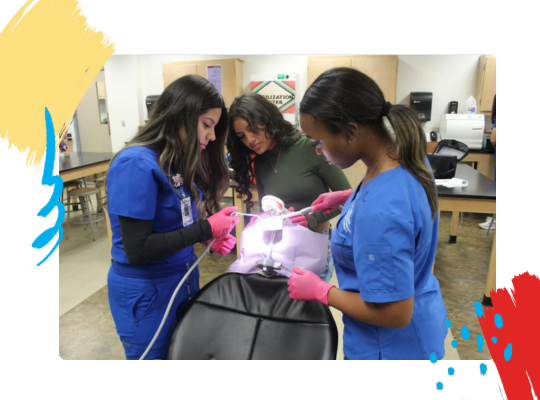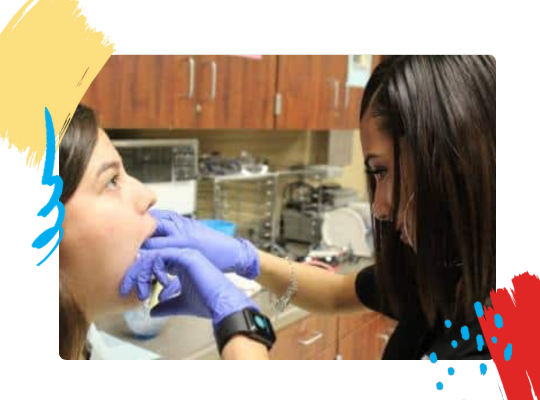School nurses help give families peace of mind by supporting student health throughout the year. Many districts offer helpful forms and information online, including:
Medication permission forms
Allergy and asthma action plans
Immunization schedules
Health screening notices
Guidelines on when to keep your child home
Parents should also keep emergency contact information up to date and inform the nurse of any changes to their child’s health needs.













